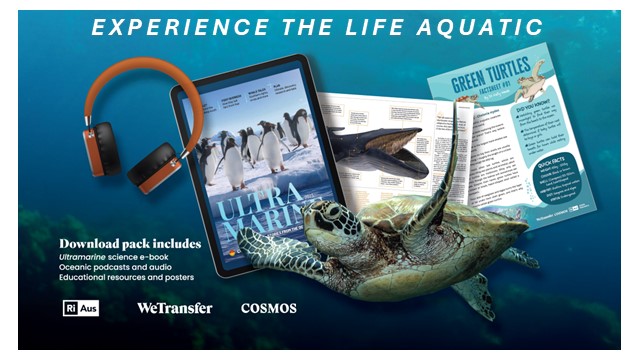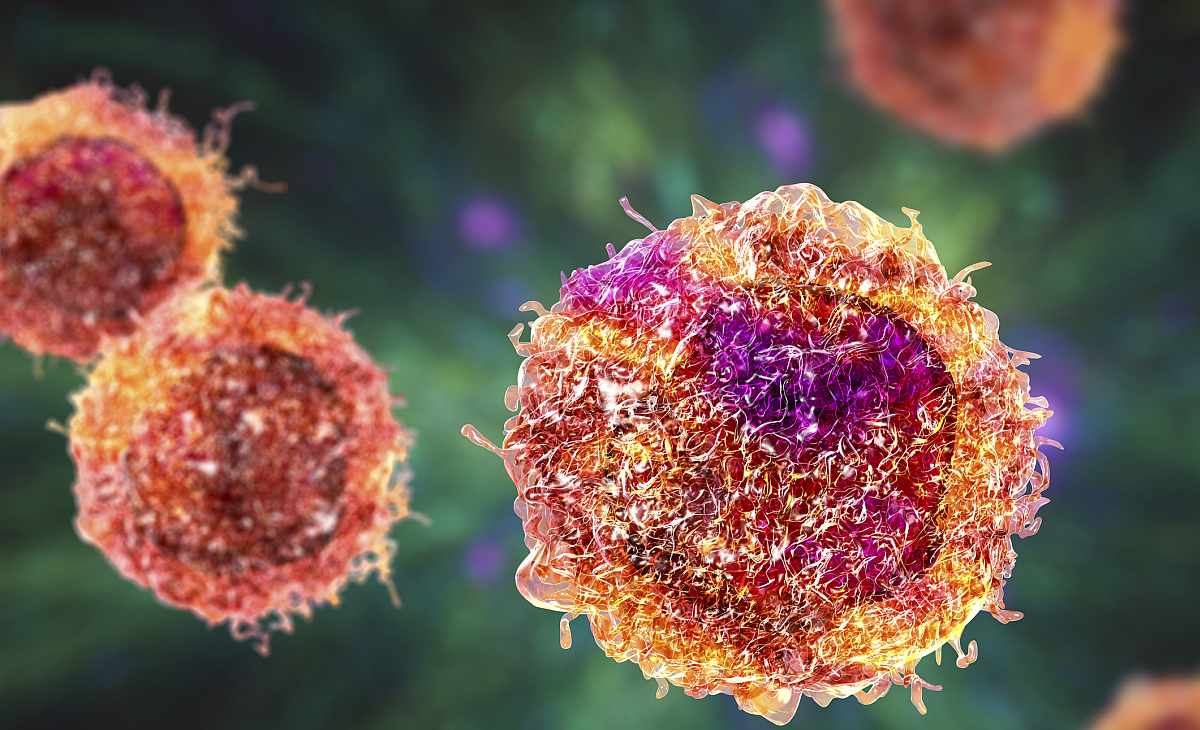Have you ever thought about eating insects? Did you know that crickets, mealworms and ants are currently available to buy as food products in Australia?
It may sound a bit distasteful, but some experts think that increasing consumption of insect protein could be pretty good for our health and for the planet.
Entomologist and food scientist Skye Blackburn tells us why we should consider adding insects to our diet.
This video and article are best suited to Year 7 and 9 Biology students who are learning about food sustainability, food security and the environment.
Word Count / Video Length: 346 / 11:02 mins
It may sound a bit distasteful, but some experts think that increasing consumption of insect protein could be pretty good for our health and for the planet.
Cosmos spoke to Skye Blackburn, an entomologist and food scientist based in Sydney. Through her business Circle Harvest (formerly known as the Edible Bug Shop), Skye is looking to bring eating insects into the Australian mainstream.
Watch the interview to learn which bugs taste best (and worst), how they’re cared for, and how eating insects could help food security and the environment.
Originally published by Cosmos as Eating bugs: is insect protein the way to a sustainable future?
More: The Future of Food
The session was hosted by the Royal Institution of Australia’s science journalist, Matilda Handsley-Davis
Login or Sign up for FREE to download a copy of the full teacher resource





